
Market Alert: Trump-Xi APEC Summit a Critical Test for Global Trade Stability
Highlights:
Major shift in global currency dynamics gains momentum
For decades, the United States dollar has been the dominant global currency — the backbone of international trade, reserves and financial power. But that dominance is now facing growing pressure. The BRICS bloc (Brazil, Russia, India, China, South Africa) along with expanding members are actively exploring non-dollar payment systems and local currency settlements.
The India-China-Russia Triangle & Digital RMB
In recent years, India has sought to settle more trade in Indian rupees and other local currencies — notably for its Russian oil imports — partly bypassing the dollar. Meanwhile, China is advancing its central bank digital currency (CBDC), the digital Renminbi (e-CNY), as a tool for cross-border payments and currency internationalisation. These moves combine to fuel an ascent of de-dollarisation — the shift away from dollar-dependence.
Payment Systems & Technical Barriers
The BRICS-driven alternative infrastructure — such as the proposed BRICS Pay and other national settlement platforms — seek to facilitate local-currency or digital currency trade between member states. However, progress remains uneven: regulatory divergence, capital-flow controls, currency convertibility and trust among partners continue to slow full implementation.
Is the Dollar Really Under Threat?
At the time of writing, the US dollar remains dominant in global reserves, trade invoicing and FX transactions. Scholars caution that while de-dollarisation is gathering momentum, a wholesale replacement of the dollar is far from immediate.
Why It Matters
Bottom line: The intersection of BRICS ambition, India’s local-currency trade strategy and China’s e-Renminbi rollout points to a real de-dollarisation trend. But at the time of writing, the dollar’s primacy remains intact — the transformation is incremental, not revolutionary.
Disclaimer for Kapitales Research
The materials provided by Kapitales Research, including articles, news, data, reports, opinions, images, charts, and videos ("Content"), are intended for personal, non-commercial use only. The primary goal of this Content is to educate and inform readers. This Content is not meant to offer financial advice, nor does it include any recommendation or opinion that should be relied upon for making financial decisions. Certain Content on this platform may be sponsored or unsponsored, but it does not serve as a solicitation or endorsement to buy, sell, or hold any securities, nor does it encourage any specific investment activities. Kapitales Research is not authorized to provide investment advice, and we strongly advise users to seek guidance from a qualified financial professional, such as a financial advisor or stockbroker, before making any investment choices. Kapitales Research disclaims all liability for any direct, indirect, incidental, or consequential damages arising from the use of the Content, which is provided without any warranties. The opinions expressed by contributors or guests are their own and do not necessarily reflect the views of Kapitales Research. Media such as images or music used on this platform are either owned by Kapitales Research, sourced through paid subscriptions, or believed to be in the public domain. We have made reasonable efforts to credit sources where appropriate. Kapitales Research does not claim ownership of any third-party media unless explicitly stated otherwise.
Customer Notice:
Nextgen Global Services Pty Ltd trading as Kapitales Research (ABN 89 652 632 561) is a Corporate Authorised Representative (CAR No. 1293674) of Enva Australia Pty Ltd (AFSL 424494). The information contained in this website is general information only. Any advice is general advice only. No consideration has been given or will be given to the individual investment objectives, financial situation or needs of any particular person. The decision to invest or trade and the method selected is a personal decision and involves an inherent level of risk, and you must undertake your own investigations and obtain your own advice regarding the suitability of this product for your circumstances. Please be aware that all trading activity is subject to both profit & loss and may not be suitable for you. The past performance of this product is not and should not be taken as an indication of future performance.
Kapitales Research, Level 13, Suite 1A, 465 Victoria Ave, Chatswood, NSW 2067, Australia | 1800 005 780 | info@kapitales.com


Oct 28, 2025
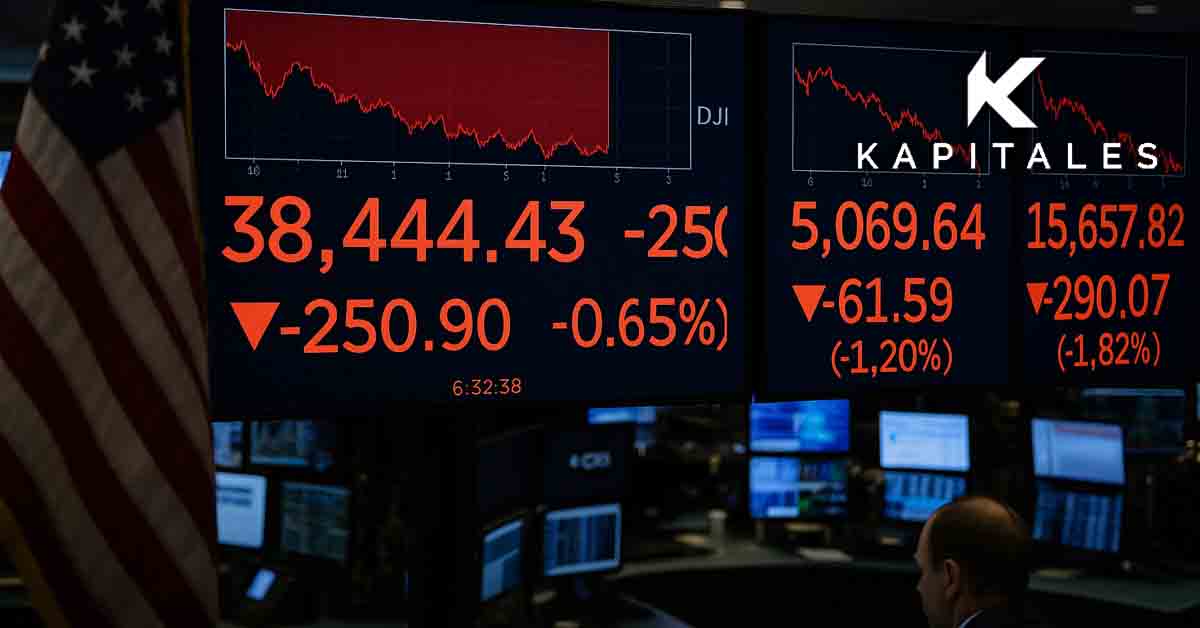
Oct 28, 2025
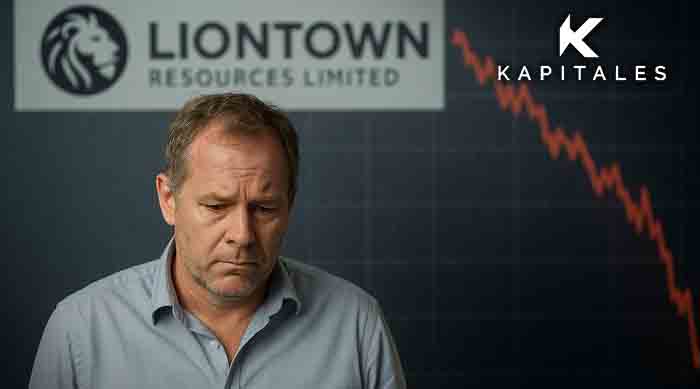
Oct 28, 2025

Oct 28, 2025

Oct 28, 2025
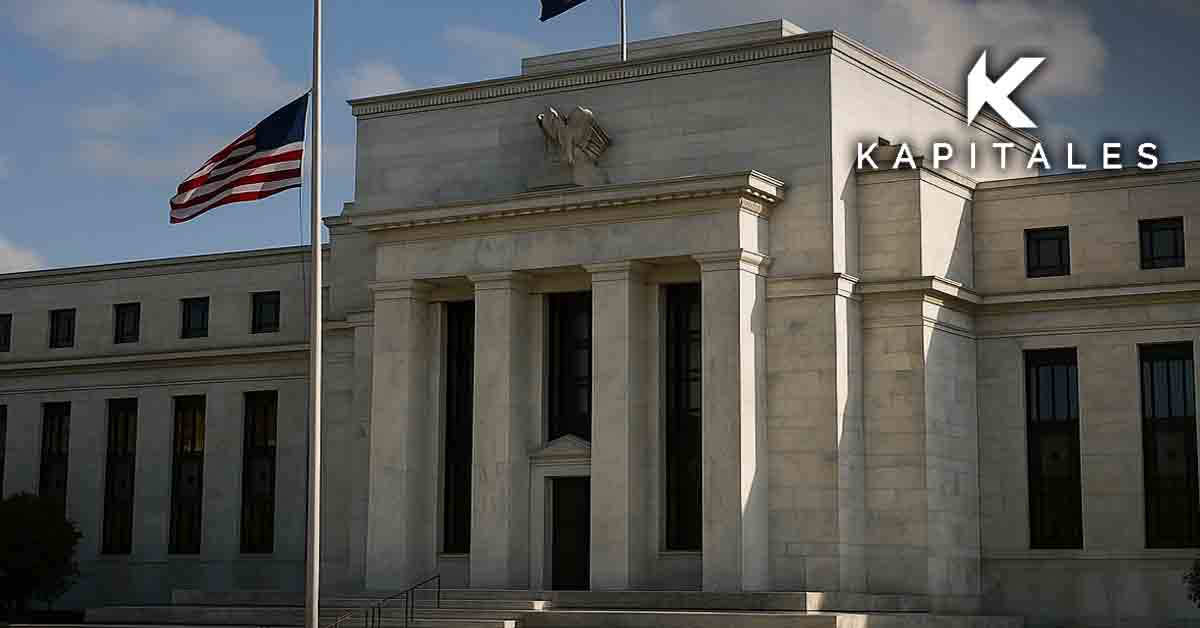
Oct 27, 2025
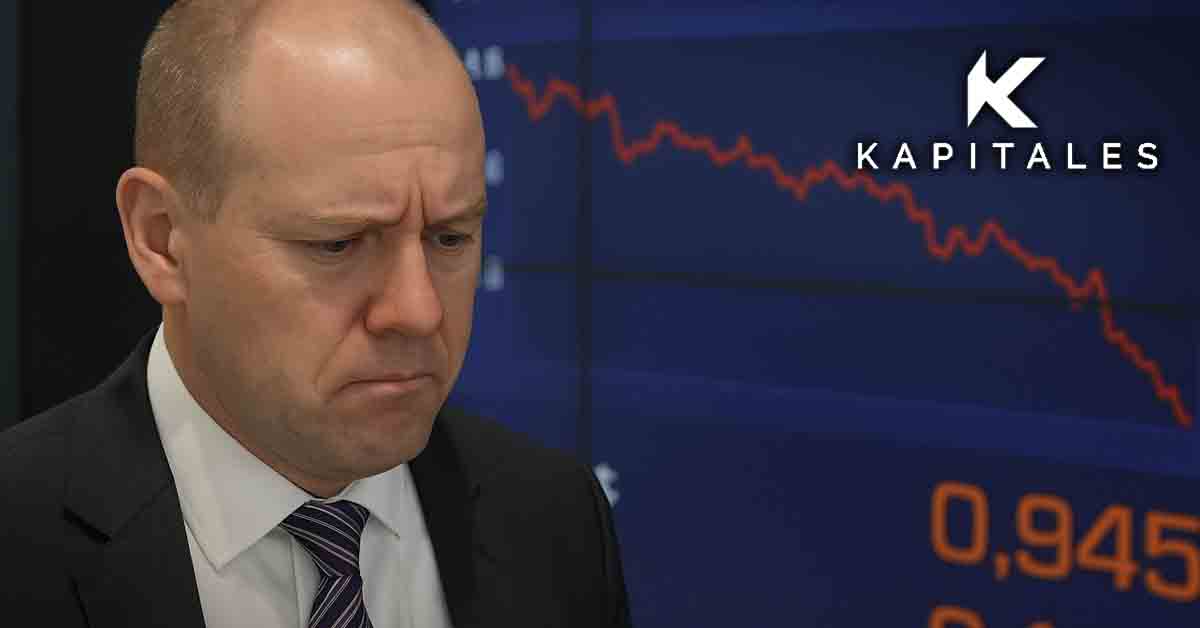
Oct 27, 2025

Oct 27, 2025
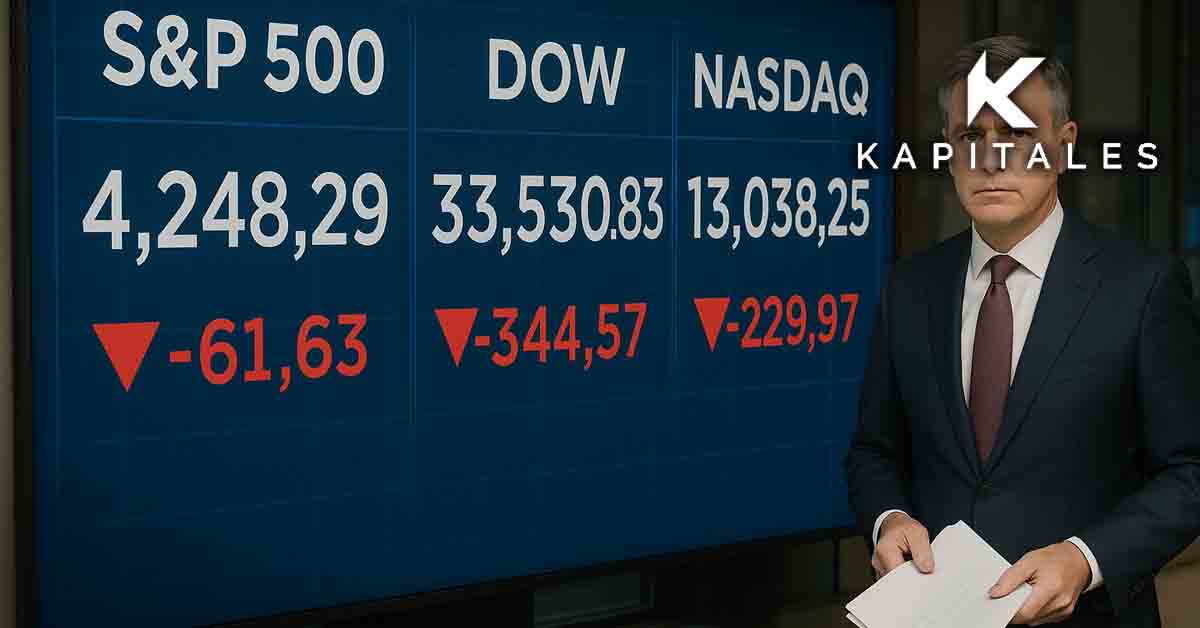
Oct 27, 2025

Oct 27, 2025
Nextgen Global Services Pty Ltd trading as Kapitales Research (ABN 89 652 632 561) is a Corporate Authorised Representative (CAR No. 1293674) of Enva Australia Pty Ltd (AFSL 424494). The information contained in this website is general information only. Any advice is general advice only. No consideration has been given or will be given to the individual investment objectives, financial situation or needs of any particular person. The decision to invest or trade and the method selected is a personal decision and involves an inherent level of risk, and you must undertake your own investigations and obtain your own advice regarding the suitability of this product for your circumstances. Please be aware that all trading activity is subject to both profit & loss and may not be suitable for you. The past performance of this product is not and should not be taken as an indication of future performance.